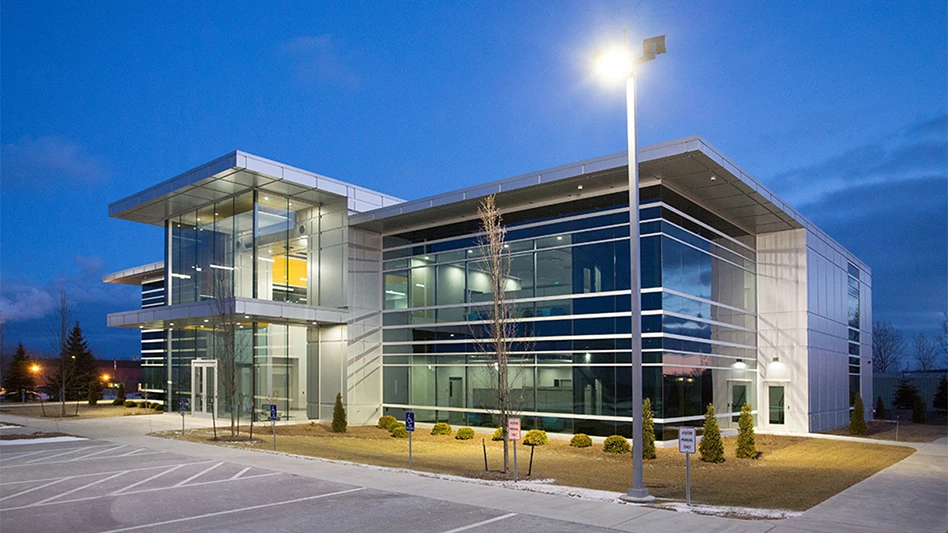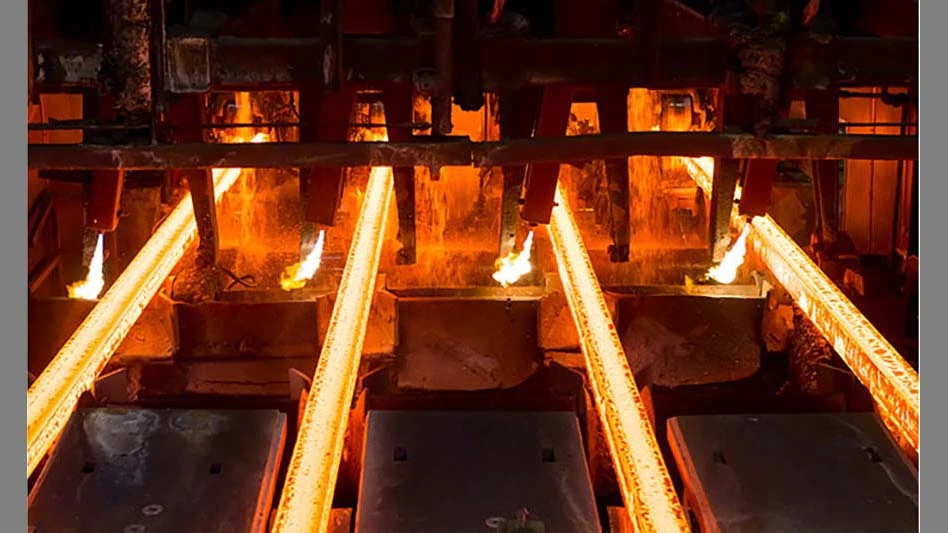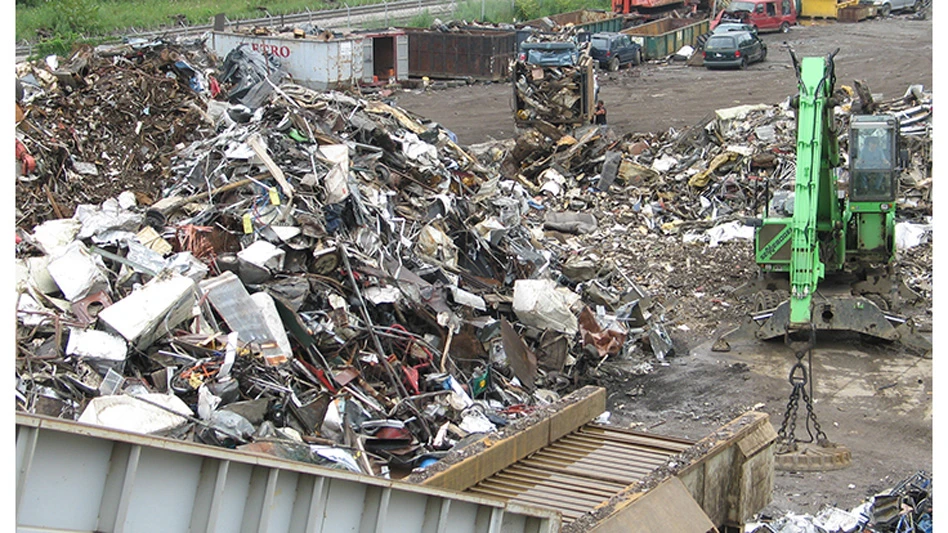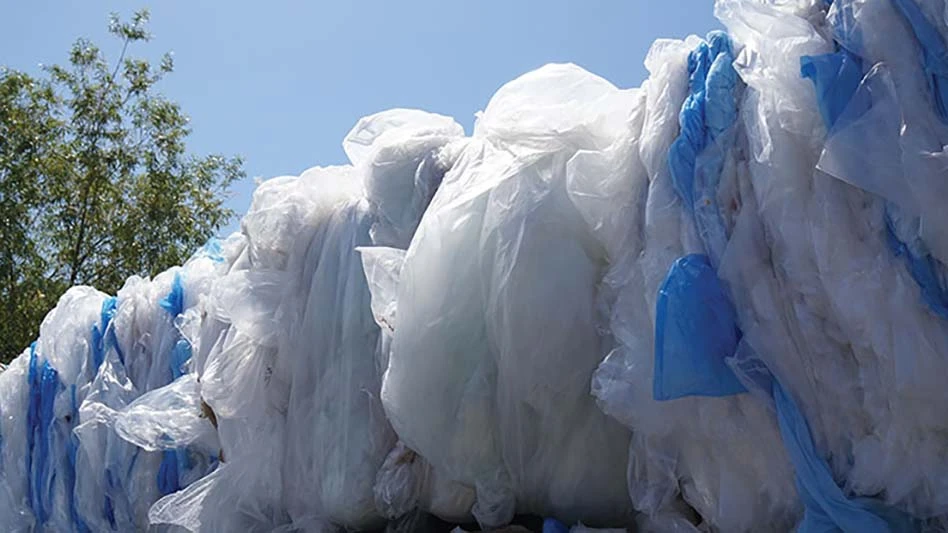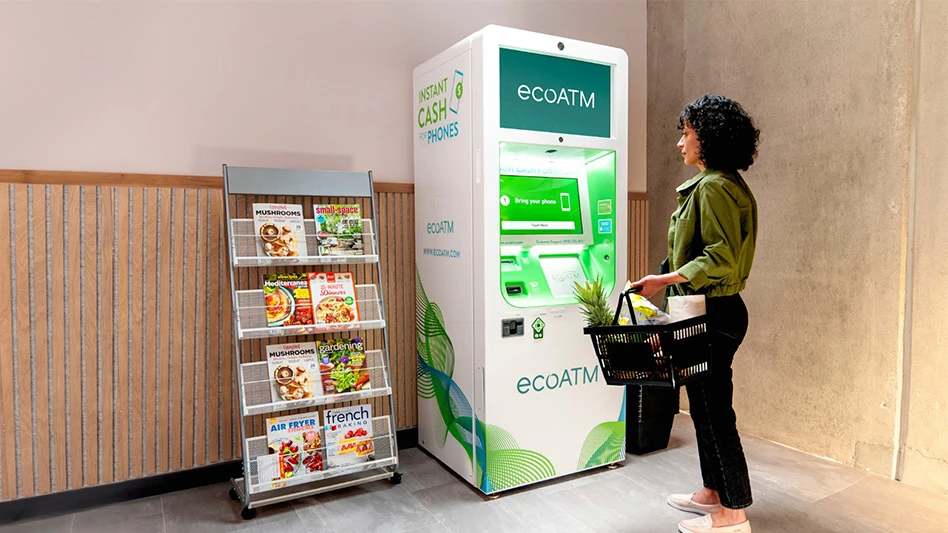
Ford Motor Co., Dearborn, Mich., says some 120 million pounds of damaged vehicle parts have been processed through its Ford Core Recovery Program since its inception 10 years ago.
Ford’s Core Recovery Program oversees the collection, remanufacturing and recycling of damaged parts from Ford vehicles that have been repaired through the company's dealer network.
In the last nine years, about 120 million pounds have been collected and the list of parts recycled or remanufactured continues growing. In the last two years, bumpers and headlights were added to Ford’s list. Since adding bumpers and headlights to the program about 62,000 bumpers have been collected and about 26,000 headlights have been recycled, says the company.
“Most parts that come back to us through the program still have a lot of life left,” says Kim Goering, manager of Ford's remanufacturing and recycling programs. “That makes a strong business case to do whatever we can to extend the life of these components. Even more important, however, is that Ford strongly believes it's just the right thing to do from an environmental perspective.”
According to a Ford press release, the impetus for the company forming its Core Recovery Program in 2003 was the fact that there were too many collection methods being used in various parts of the company.
To collect the damaged and broken parts from dealers, Ford works with distributors strategically located around the country. Ford uses a system involving bar codes and scanners to keep track of parts collected. Once collected, each part is evaluated for either recycling or remanufacturing potential.
Parts recycled are sent to third-party processors and the raw material is resold.
When parts are remanufactured, they are cleaned, machined and tested to meet Ford quality standards. The parts that are remanufactured can then be sold or used in new applications. In the rare instances when recycling or remanufacturing is not an option, Ford says it ensures proper disposal.
Goering says whether parts are recycled or remanufactured, the Core Recovery Program has been profitable for Ford, and that it could grow in the future. “As the vehicle population grows, so does our business,” she says.
Latest from Recycling Today
- 2026 Circular Steel Summit: The supplier relationship
- Premier expands national rental fleet
- Amcor says Q2 performance in line with ’26 expectations
- Aduro Clean Technologies achieves operational milestone for NGP pilot plant
- USPP outlines ways to advance film and flexible packaging circularity
- Fires, tariffs reduce Novelis’ earnings
- Murphy Tractor partners with Humdinger Equipment
- Shapiro announces promotion

